
- Roaring noise from the engine that changes tone when revving up, and popping sounds when shifting gears.
This can occur when the silencer is damaged or the system has lost its tightness. - Smell of exhaust fumes inside the car.
This phenomenon is caused by the wear of the sealing elements. - Clanging sounds from the resonator.
This is due to thermal damage to the component. A faulty resonator can no longer handle the absorption of vibrations caused by exhaust gases, thus hindering the operation of the engine. - Engine has difficulties starting, runs erratically, and loses power. Fuel consumption increases.
These signs are caused by a clogged catalytic converter, which hinders exhaust gases venting from the combustion chambers properly. - Moisture stains on the resonator, leaks beneath it.
The accumulation of condensate in this element is caused by a loss of tightness on account of mechanical or thermal damage. - Clinking sounds from underneath the vehicle.
This means that the silencer’s fasteners are defective and it’s coming into contact with the car’s underside. - Passenger compartment floor heats up.
This happens when the heat shields are burnt through.


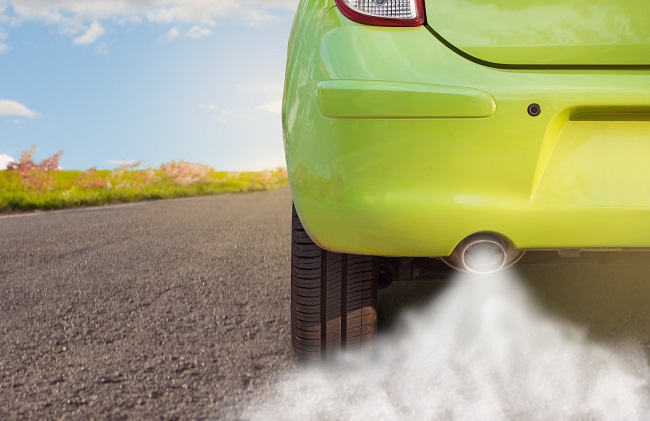
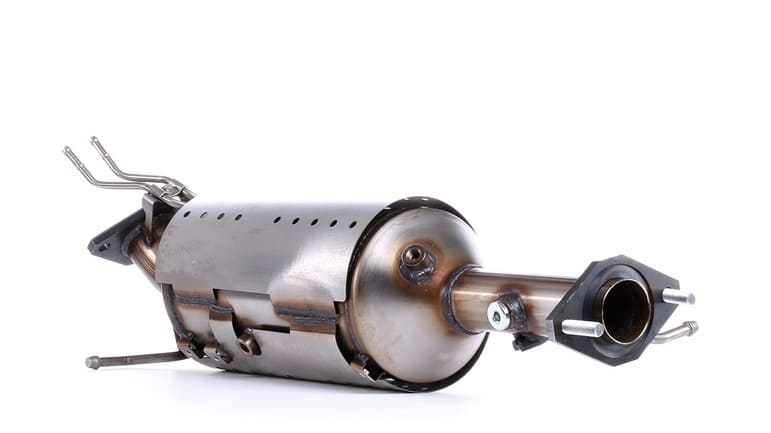
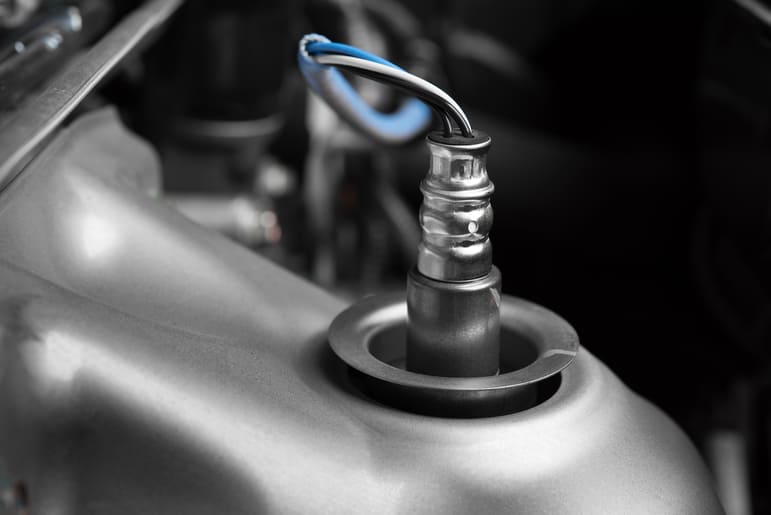
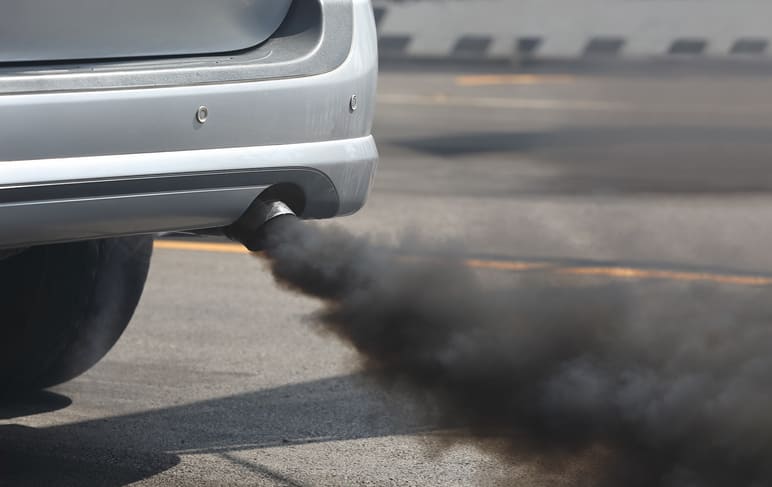
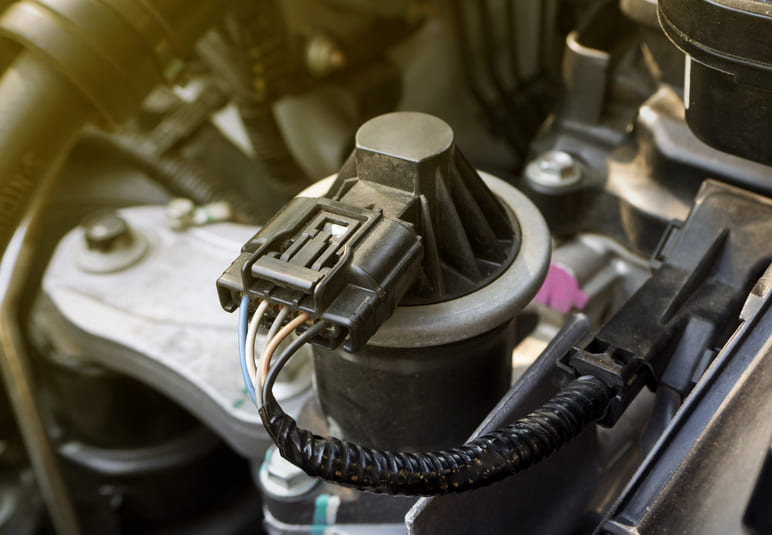
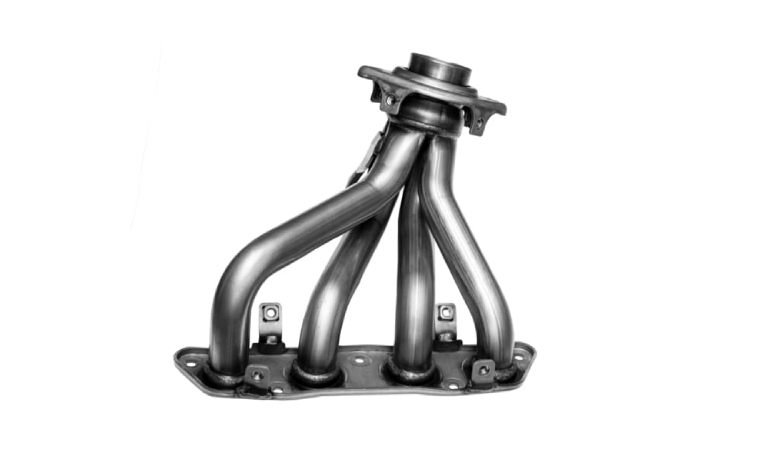
Comment